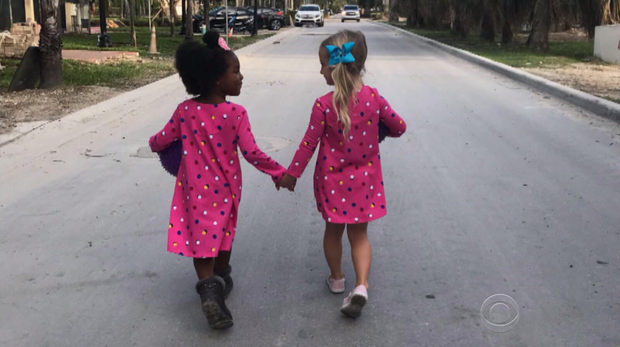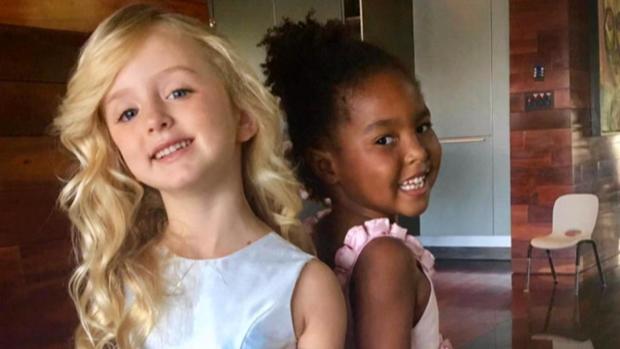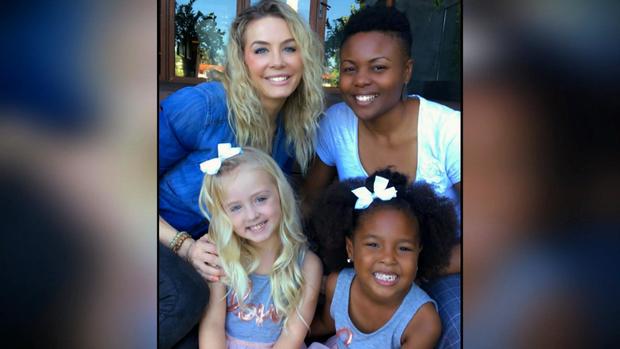Literacy Rights and Responsibilities
Katie Doherty
Something bad was happening. I looked around the room during reader's workshop at my students who should have been eagerly gobbling up the pages of their choice books, and this is what I saw:
Lashawna was folding over the pages of her school planner so that they formed neat triangles all stacked atop one another. Pedro was staring off into space -- he wasn't even attempting to "fake-read" his novel. I had to double-check that the book was actually right side up. Sarah was picking through the plethora of "non-instructional items" (think lip gloss, mini hairbrush, gel pens and the like) which she had accumulated in her pencil pouch.
Lucy and Cecilia had their heads together in the corner. At first glance, they appeared to be enjoying some picture books and perhaps practicing some reading strategies, but then the note they were poring over accidentally fluttered to the floor. They glanced up nervously to see if they had been "caught." I looked away -- of all the unexpected behaviors circulating through the classroom at that point, they were the least of my worries; at least they were actually reading something.
Later on, during writer's workshop, things were not looking up. Kids were all over the room doing everything but writing, revising, editing, or publishing. At almost every one-on-one conference, I was met with a whiny "I don't know what to wriiiiiiite." Kids were using my "find a place to get comfy and write" rule to find a place and chit-chat with a friend to avoid writing. What happened to my students who were excited to be reading real books that they got to choose themselves?! What happened to the kids who used to come into my class describing themselves as "Hungry for writing time"?!
Something bad was happening, and something needed to change. We were right around the mid-year mark. Winter break was a memory as the end of the first semester began to loom. Had I not taught these kids anything this year? Had I wasted all this time? What had we been working on if they were all of a sudden losing interest in the very things they use to be excited about?
Not wanting to blame myself for the lack of enthusiasm in my students, I did what any great teacher would do . . . I blamed them. They were getting lazy! I decided to nip this little problem in the bud with a good old-fashioned lecture.
"Class!" I rudely interrupted their workshop time (no more cozy/respecting my students' reading & writing time/two-minute warnings for this crew). "What is going on here?" A variety of gazes met my glare -- some shocked, some worried, some confused as to why their time had been interrupted in such an all-of-a-sudden-urgent fashion (quite a bit different from my gentle and familiar "Okay guys, about two more minutes so try to get to a good stopping point"). Most of my students realized that this was a rhetorical question and listened patiently as I began talking about reading, and bringing choice books to each class, and loss of points if workshop time wasn't going to be taken seriously blah blah blah. Many of those shocked, confused, and worried expressions slowly turned into glares that rivaled the one I was directing at them. As soon as I started, I knew it was a mistake. Who did I think I was helping with this little rant? I couldn't even stand the sound of my own voice at this point, so how could I expect this group of 6th graders to listen to me? If I had been in their shoes, I would have tuned out in an instant. As they all filed dejectedly out of my classroom, I felt awful. I sat down to write in my teaching journal, as I often do when I'm struggling to make sense of what's going on in my classroom.
After writing and pondering and more writing about the responsibility my students have to write and read when it's expected of them, I also realized that as readers and writers they should enjoy this time they are given each day. Reading and writing isn't supposed to be something my students have to do because "Miss Doherty's gonna start ranting if we don't do what she says." My students have a right to enjoy their reading and writing opportunities.
Responsibilities Restart
I realized I needed to approach our problem from a different standpoint. As a class we needed to have a chat. I was walking down the halls of my school with these thoughts sitting heavily in my head when I glanced up at the posters our principal had hung on the walls. They are a series of posters about students' rights and responsibilities with regard to how we treat ourselves and each other. It hit me -- that's just what we needed in the classroom! My students and I needed to come to an agreement on our responsibilities for learning, as well as our rights as readers and writers. I know firsthand how hard it can be to write on demand, and sometimes we all need to take a little break from reading and think about what we've read, or even gaze out the window for a few minutes. The very next day the conversation happened.
I started out with an apology for lecturing the whole class the previous day. I explained where my frustration was coming from. I spoke of the great responsibility that I feel for their reading and writing development, and the pressure I have upon me because I only have one short school year in which to teach them. I told them we have to share this burden. The progress each of us made in reading and writing would depend on all of us working together and committing to certain responsibilities while enjoying certain rights.
It worked. The class was soon abuzz with conversation about their rights and responsibilities as readers and writers. Through collaboration and some guidance on my part, we came up with our Reader's Workshop Rights and Responsibilities and Writer's Workshop Rights and Responsibilities. I wrote all the ideas down from both of my language arts classes. We then consolidated and revised the list to something manageable and useful. Both lists now hang laminated on my wall as a reminder of what we are all expected and able to accomplish during our workshop time. Here are the lists we came up with across all my middle school classes:
Reader's Workshop Rights and Responsibilities
My Rights
My Responsibilities
Writer's Workshop Rights and Responsibilities
My Rights
My Responsibilities
Has this eliminated those frustrating behaviors that set me off in the first place? Not all of them -- but they certainly have diminished. And with a simple pointing of my finger at a poster on the wall I can silently re-direct any child who has momentarily forgotten the expectations we all created and agreed upon together.
|
© Choice Literacy. All rights reserved.




